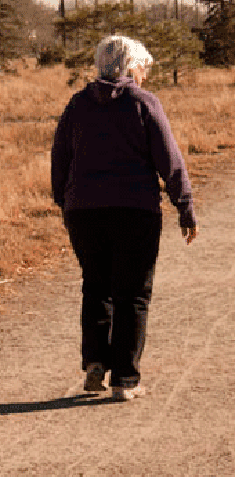 |
Valves In Our HeartsBy Gretchen Heuring | 08.05.2014 |
Just like a trombone, we have valves in our hearts. Our heart valves are operated by our heart's electrical system and their job is to make sure that blood flows freely and in a forward direction with no backward leakage. A heart valve disorder means that the four heart chambers are not beating in an organized manner. The most common symptoms are fatigue and shortness of breath, but often there are no symptoms.
Several types of heart valve disease
The valves in our hearts can be damaged by several different things, causing heart valve disease. There are different kinds of heart valve diseases.
One type involves a narrowed opening that makes the heart work harder. Most often, the valve opening is narrowed because hardening of the arteries has progressed to the heart, thickening and hardening the valve walls. This is called valvular stenosis.
A second type of heart valve disease is caused by a leaky valve. If the valve does not seal, some blood will leak backwards, the heart has to work harder, and less blood may flow through the body. This is valvular insufficiency.
During a severe infection, including dental infections, germs enter the blood stream and attack the heart valves, causing growths and holes and scarring. This is called Endocarditis.
Changes To The Heart
Heart valve diseases cause changes to the heart. The heart muscle can stretch or even tear, the opening in a valve can get larger, or the valve can become calcified. These are serious changes that can be life threatening.
Symptoms of Heart Valve Disease
Shortness of breath. You may have trouble catching your breath and feel better propped up with pillows when you lie down.
Dizziness and generally feeling weak and tired. You just don't feel like following your usual daily routine. Fainting is fairly common.
Palpitations. Strange feelings in your chest like your heart is flopping around. Or you may feel like it is skipping beats. You are noticing the behavior of your heart.
Swelling. Your feet and ankles could swell, or your belly might swell so that you feel bloated.
Rapid weight gain. Gain of two or three pounds in one day.
Treatments for Heart Valve Disease
Currently, there are no medications that can keep a heart valve from leaking or open a valve that has become constricted. There are medications that will make you more comfortable, but a valve replacement is most likely the best solution. Pay attention to your doctors.










